Transport for the North are using a scenarios approach to understand and respond to the future uncertainty of how people will interact with the transport system in years ahead. This will inform the future of transport debate, and help us design transport strategies which are adaptive and resilient to a range of different plausible futures.
Our Future Travel Scenarios have developed a shared understanding of the current and emerging complexity of the future of transport. They create dynamic roadmaps which we will need to navigate when delivering our vision of a thriving North, where world class transport supports sustainable economic growth, excellent quality of life and improved opportunities for all, in line with the Northern Charter objectives.
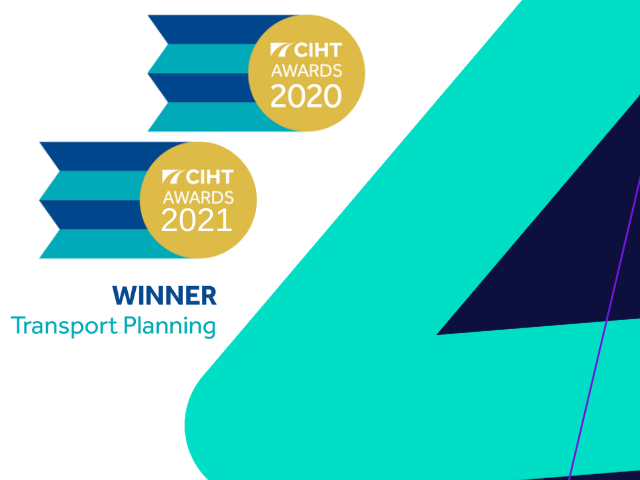
Our Future Travel Scenarios work has won the CIHT Award for Transport Planning for the second year in a row, previously won for the Strategic Transport Plan.
The judges valued the clear vision and innovative approach to key issues surrounding uncertainty, by applying a scenario-based approach that links well into a strong set of objectives.
The approach involved broad stakeholder engagement and the work recognised the need to consider transport within society and place by accepting that many aspects effecting travel demand and its solutions lie outside transport.
Read moreOur Future Travel Scenarios are a shared understanding of the broad range of factors effecting current and future transport in the North of England. Scenarios are not predictions. They are not intended to be ‘right’ or ‘wrong’, ‘good’ or ‘bad’ statements, but are aimed at collaboratively exploring (as well as challenging and stretching) our thinking towards the alternative ways the transport landscape might develop, and the actions we might take.
By building out from the Strategic Transport Plan (STP), our Future Scenario Framework will be rooted in a range of factors which are important to the North. In creating a more holistic view and tackling the future uncertainty of these factors, we can ensure confidence in delivering the North’s shared vision.

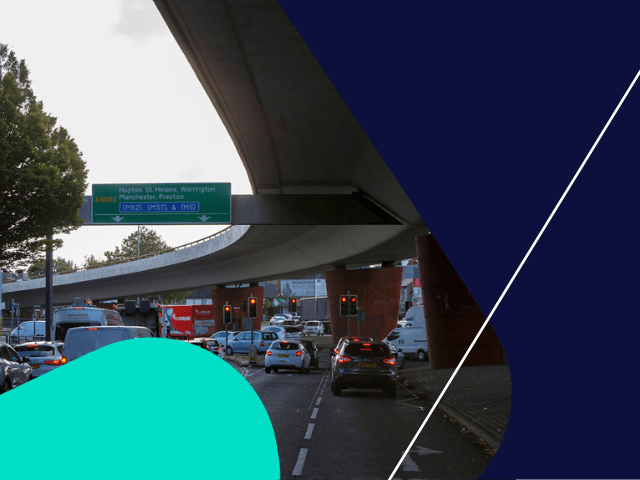
This scenario sees a state of inertia, although this should not be taken as neutral. It sees a future where people do not alter their behaviours much from today, or give up certain luxuries, although there is a gradual continued trend towards virtual interaction. Economic growth continues at a moderate rate, but it is largely consumption-led and unequal, lacking agility and vulnerable to shocks. This scenario is led by markets, without much increase in political direction, with its biggest driver being economic.
This scenario sees a significant shift in political and economic direction to ensure that no place is left behind. Every area, including cities, towns and rural and coastal areas, has a bespoke local economic strategy, supported by investment in local assets, specialisms and economic and social infrastructure. Community, localism and place-making across the North is applied to build a sense of local identity to improve local economies. There is a focus on work-life balance and social equity within and between places. This scenario is led by a change in priorities, with its biggest driver being the push for a fairer redistribution of economic prosperity
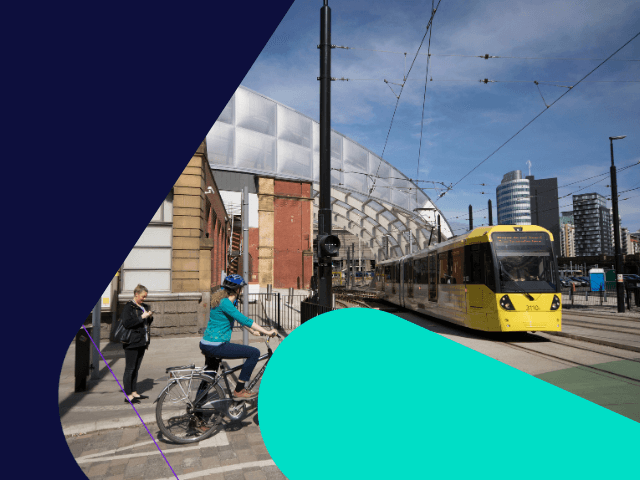

This scenario sees a future where digital and technological advances accelerate, transforming how we work, travel and live. In general, we embrace these technological changes
and the move towards a distributed, service-based transport system. Long-term climate change targets are met, but there is slow progress in the short-term due to a general preference for individualised mobility over traditional public transport. This scenario is led by technology, with the biggest drivers being technical advances and a willingness to embrace mobility-as-a-service and shared mobility in the long-term.
This scenario sees a significant shift in public attitudes towards action on climate change, and strong national Government response to meet it. There is a boost to economic productivity to levels consistent with the NPIER, primarily through a combination of urban agglomeration and place-making. Transport users demand and embrace publicly available transit and active travel options, as there is a blurring of the line between ‘public’ and ‘private’ with increasing shared mobility systems online. This scenario is led by attitudes to climate action and urban place-making, with the biggest drivers being strong Government policy and trends of urban densification.

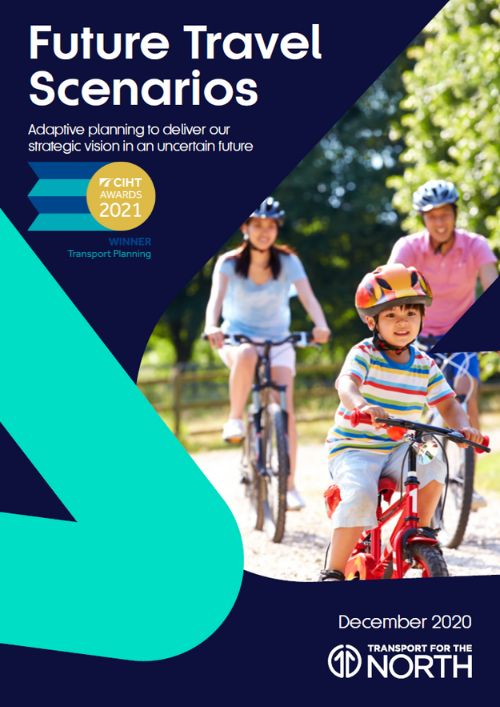
Adaptive planning to deliver our strategic vision in an uncertain future. Scenario planning is used to explore uncertainty about the future, providing enhanced information and

Summary | Adaptive planning to deliver our strategic vision in an uncertain future
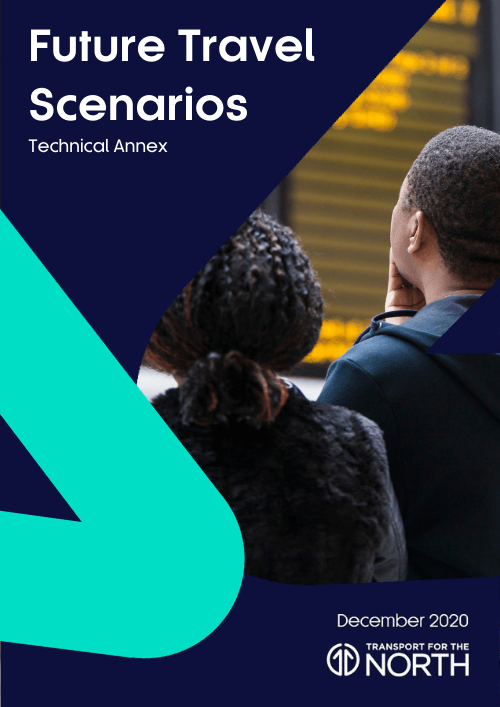
This sets out how we have represented the Future Travel Scenarios within the TfN’s Analytical Framework, the detailed results behind our Future Travel Scenarios, and our nex

There are a number of travel-related developments, policies and measures which could aid delivery of the North’s vision and our Investment Programme. This document maps a pl
To support this understanding, we have published an interactive online data dashboard, including maps and charts that allow detailed exploration of each future world and comparison of broad outcomes across the four scenarios. You can access this here
Dashboard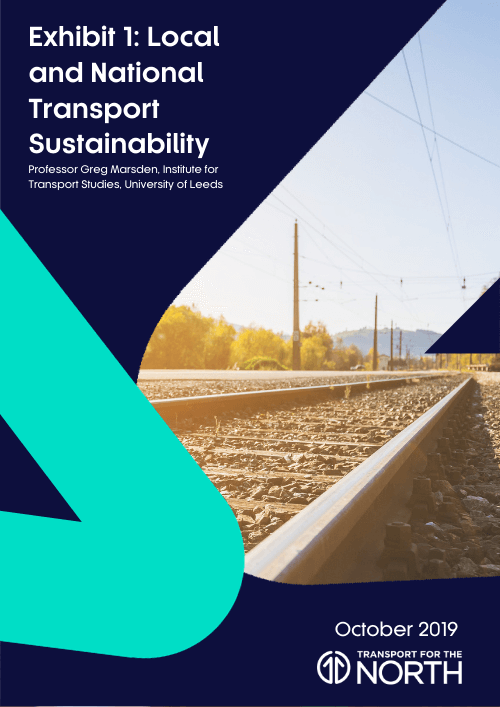
This note examines some critical uncertainties relating to the sustainability of transport across the UK and, within that, the North. Also focuses on critical uncertainties re
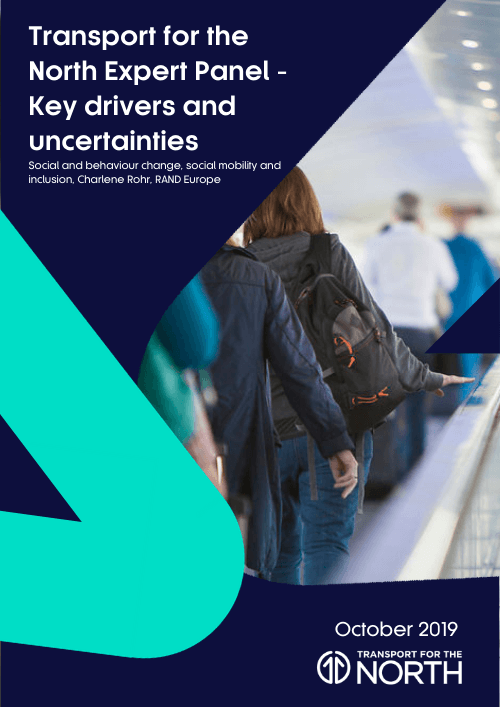
This note sets out five important societal factors that could have an influence on future travel and the uncertainties surrounding them when thinking forward to 2050. Its aim
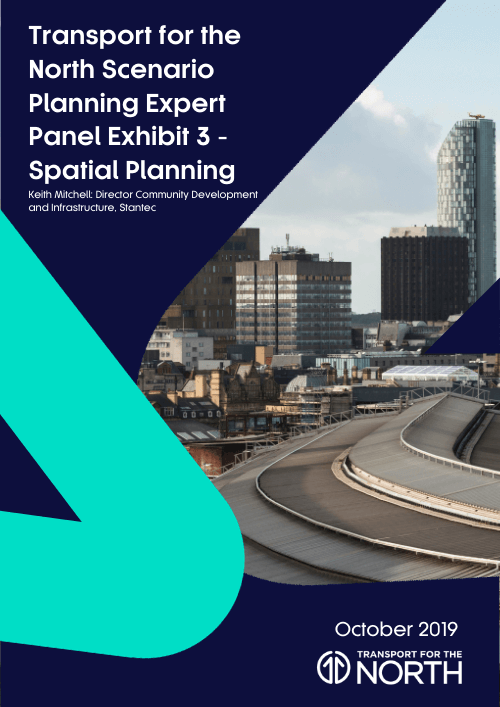
Provides examples of long term trends and potential policy developments relating to spatial planning which are likely to have an impact on travel outcomes, an influence on TfN

This note examines how growth in population and economy may change during the next 30 years, and what the key drivers of any change will be.
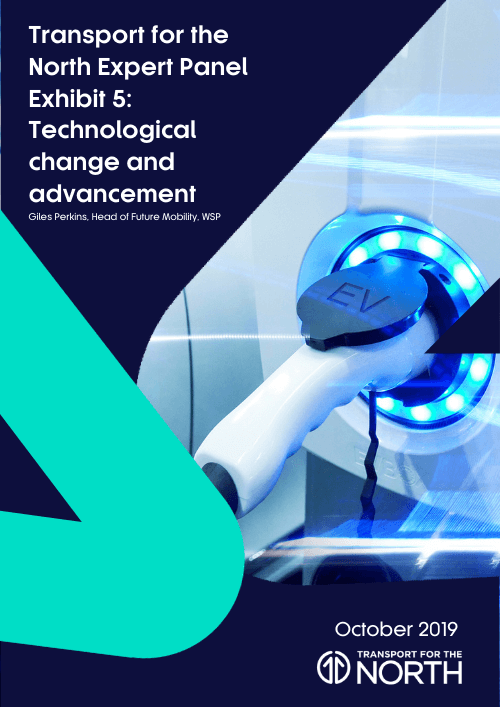
Transport and mobility is in the throes of a (r)evolution. Technological change and advancement is occurring across modes of transport – walking, road, rail, water and air �
The scenarios will be used to communicate our approach to uncertainty, and as a mechanism to ensure our transport policies and strategies are robust, resilient, flexible and innovative. They will support our strategy by building a comprehensive understanding of future uncertainty and how it may impact future travel patterns of people, business and goods. This will be ingrained in our work and reflected through our Investment Programme, business case development and policy & strategy direction.
The focus throughout this work had been on identifying the most important and uncertain factors influencing change in transport demand in the future. In alignment with the National Planning Policy Framework, we have purposely targeted drivers of change typically outside of transport, including economic; social; and environmental interdependences which, when taken together, can deliver a sustainable net gain. This will help future proof our decision making as best as possible and ensure informed vision-led strategic transport planning, which is resilient to wide ranging and cross-sector uncertainties.
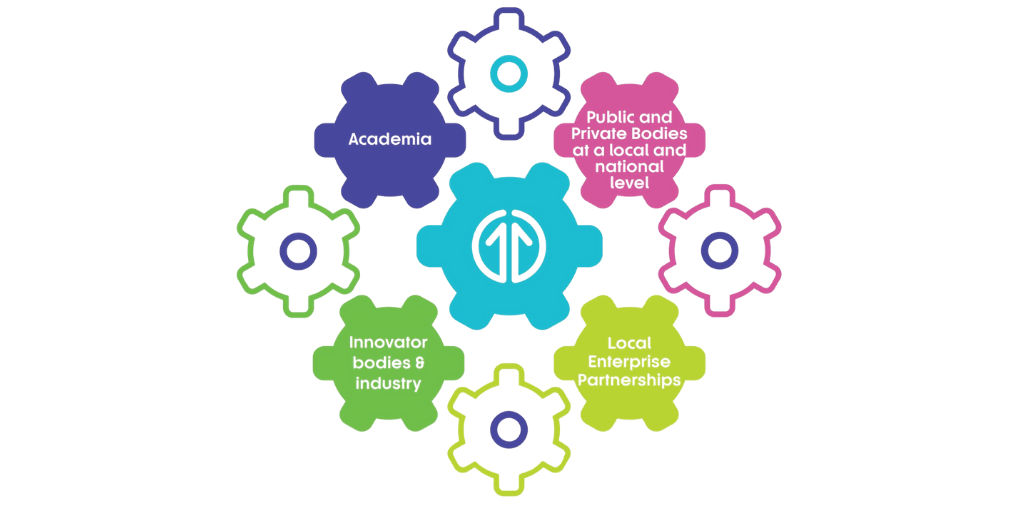
We aim to deliver a credible and lasting framework supported by Local Authority and delivery partners.
Our partners have contributed to shape our scenarios, providing a wealth of valuable expertise, intelligence, challenge and viewpoints regarding national and local strategies and visions.
Engagement with individuals, transport users and communities will be fundamental to delivering our broader consideration of the economic, environmental and social aspects which will affect the future travel patterns, but also the opportunities available to people, business and goods across the North. A key example of this is how our Future Travel Scenarios can complement local and national spatial planning activities.
Future travel will likely be achieved through a combination of behavioural change; increased public transport use; new technology; on-demand, flexible or shared mobility; active travel; electrification (or other low carbon energy options). It should be supported by a whole systems approach, with much more integration of transport, energy, housing infrastructure and associated land use planning. These trends pose both risks and opportunities which will require strategic planning.
Applied correctly, Future travel solutions can help us make the most of our transport infrastructure. Whether it is increasing the transport options available to customers, implementing technology solutions to improve efficiencies and customer experience, supporting social change to encourage active travel, encouraging sharing or public modes as the preferred way to travel, or in pursuing rapid uptake of low and zero-emission vehicles and the supporting energy capacity.
Our scenario development leads us to understand the key drivers of future change and infer the resulting travel demand using our Analytical Framework. From this we can analyse commonly supported aims, policy measures and interventions which can be used to respond to demands or influence the solutions the North wants to see, through an adaptive strategy which drives us towards our vision.
Read more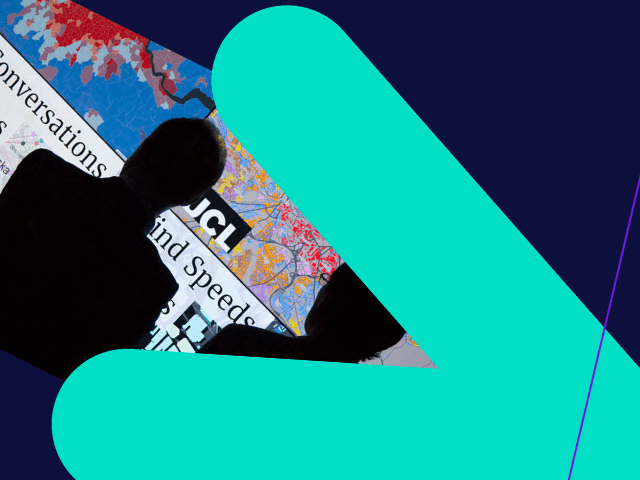
A series of insights which raise the profile of related Future Transport activities and levers of change already being applied across the North.
Our Future Travel Scenarios reports outline our understanding of key drivers and policies of change, implications for future travel patterns and how the scenarios will be used to develop our strategy for an uncertain future.
Our scenarios will provide further evidence and analysis to support decision makers in shaping the policies and investment plans needed to deliver our vision. In 2021, we will apply the scenarios to TfN’s Investment Programme to help decide which sequence of potential interventions most closely align to TfN’s strategic objectives and inform our statutory recommendations on investment in the regional transport network.
The work on our Future Travel Scenarios provides one of the building blocks for future statutory advice and updates of our STP. This includes evidence on what is needed to meet targets for decarbonising transport and on how transport could support levelling up of prosperity and quality of life in the North.
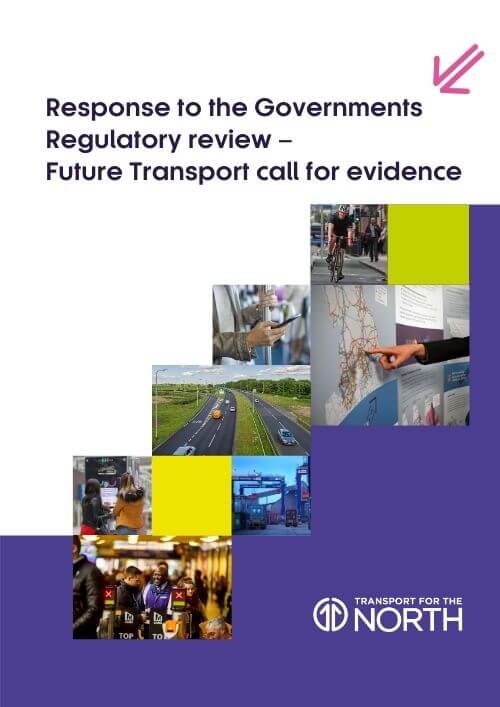
Transport for the North’s response to UK Government’s call for evidence regarding Future of Transport
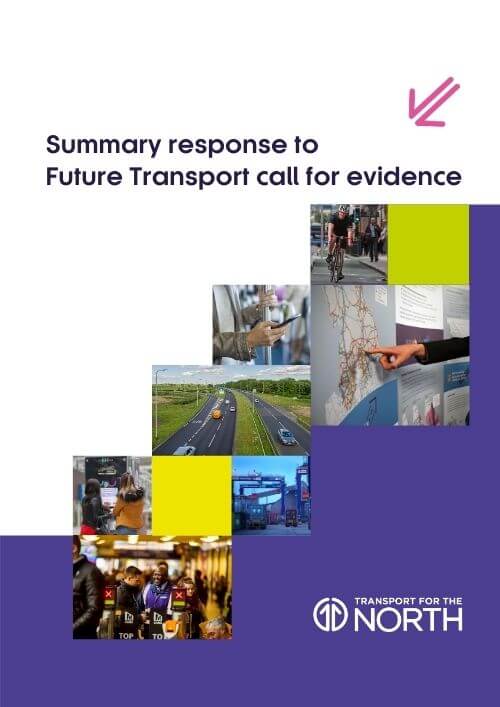
Summary response to Future Transport call for evidence
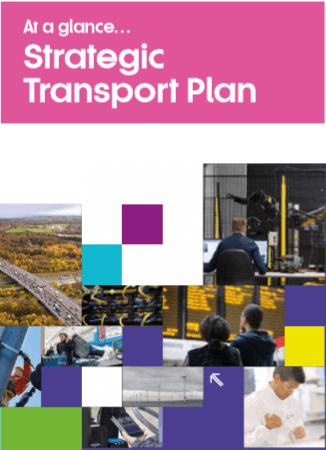
Setting out the key messages on the case for investment in transport and our work programmes
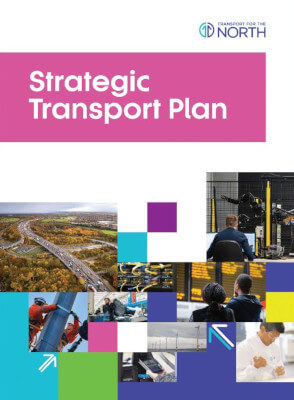
The first time the North has come together to outline the robust case for transformational transport investment across all of the North, to rebalance the UK economy

A transformed North could see a 4% increase in productivity, equating to an increase GVA of almost £100 billion, and create up to 850,000 new jobs.
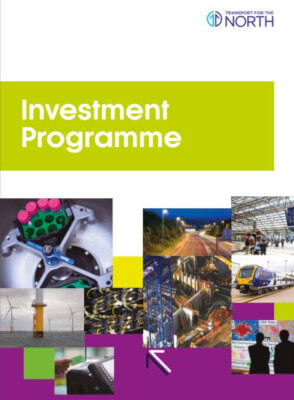
This outlines a pipeline of transport interventions to better connect the whole of the North, with a short, medium and long-term plan for investment.
CLOSE POPUP [X]